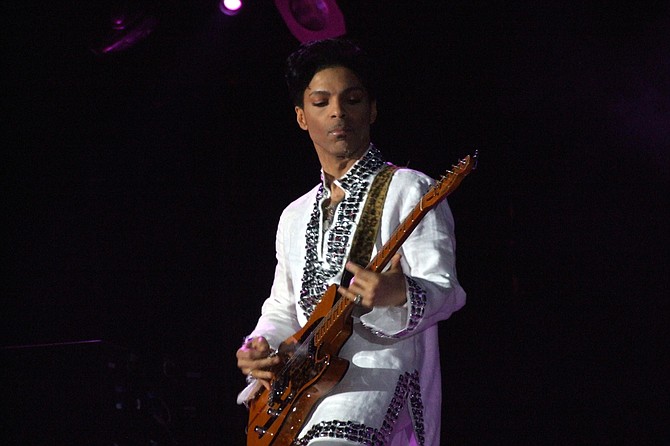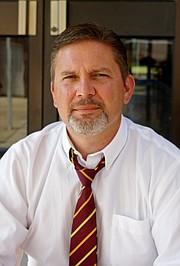Every generation faces the passing of its icons. Just this year, it's been a Hall of Fame lineup: David Bowie, Glenn Frey, Natalie Cole, Merle Haggard and now Prince. When we hear of such deaths, we immediately experience a rush of emotions and memories, reliving in our minds those experiences from so long ago that helped make us who we are. Experiences that remind us of where we came from and where we still have to go. As an educator, the death of Prince is also an important reminder of how students learn and what is important to them.
We learn best when we make connections. For instance, condensation may not make much sense to elementary students, but they've seen water collect on a cold drink can or the water collect on the top of a pot as dinner is being prepared. Those connections to tangible examples are vital to learning; without them, ideas and concepts are abstracts that many students struggle to understand. This is why field trips, guest presenters and other interactive activities are important parts of education. It also partly explains why students from affluent backgrounds have an inherent advantage over those from poor backgrounds.
These connections are not just academic. Social connections, which affect the emotional and mental growth of students, are made in school and are just as important to their education. Fair play, courtesy, empathy, teamwork, citizenship, hard work, honesty, loyalty—these attributes and more are introduced, tested, shattered and rebuilt countless times over the course of matriculation for students. In most respects, these lessons are more important and universal. Not everyone can be a doctor, but everyone can be kind.
Socially, students make connections through friendships and shared experiences: playing on a ball team during a magical season, performing in the class play in front of the entire school, going to Senior Prom with your friends and dates. Just as memorable are those seemingly inane activities that stick with us. In my day, it was playing "PAC-MAN" in an arcade, jamming to Van Halen in the back of the school bus on a class trip to the planetarium and getting excited hearing those initial strums of the "Miami Vice" intro, knowing Crockett and Tubbs are about to get real.
The recent death of the singer Prince hit a chord with so many of us because his music was present for so many of our social connections. We played his cassettes in our rooms. We listened to his songs while riding around with friends. Some of us even attempted our first awkward kiss while dancing to his music. He, and other pop icons, helped define who we were growing up, just as the icons of today help define the students of today.
Legendary head football coach Paul "Bear" Bryant has been famously attributed to justifying his large salary to coach football by saying, simply, "80,000 folks don't come to watch someone give a chemistry test." The underlying truth to this statement is that we will gladly pay to attend events, especially ones we anticipate being good, because of our desire for shared experiences. Not only do we want to watch the big game (or concert or play) in person, but we also want to be able to share the experience with others and to discuss what we saw and heard, what it meant to us and what we hope it leads to.
So as we focus on improving the educational experience of our students, let's not become so mired in testing and accountability that we neglect the needed social connections that occur in schools. Because, as Prince would say, "Dearly beloved, we are gathered here today to get through this thing called life." And we would rather not do it alone.




Comments
Use the comment form below to begin a discussion about this content.
comments powered by Disqus